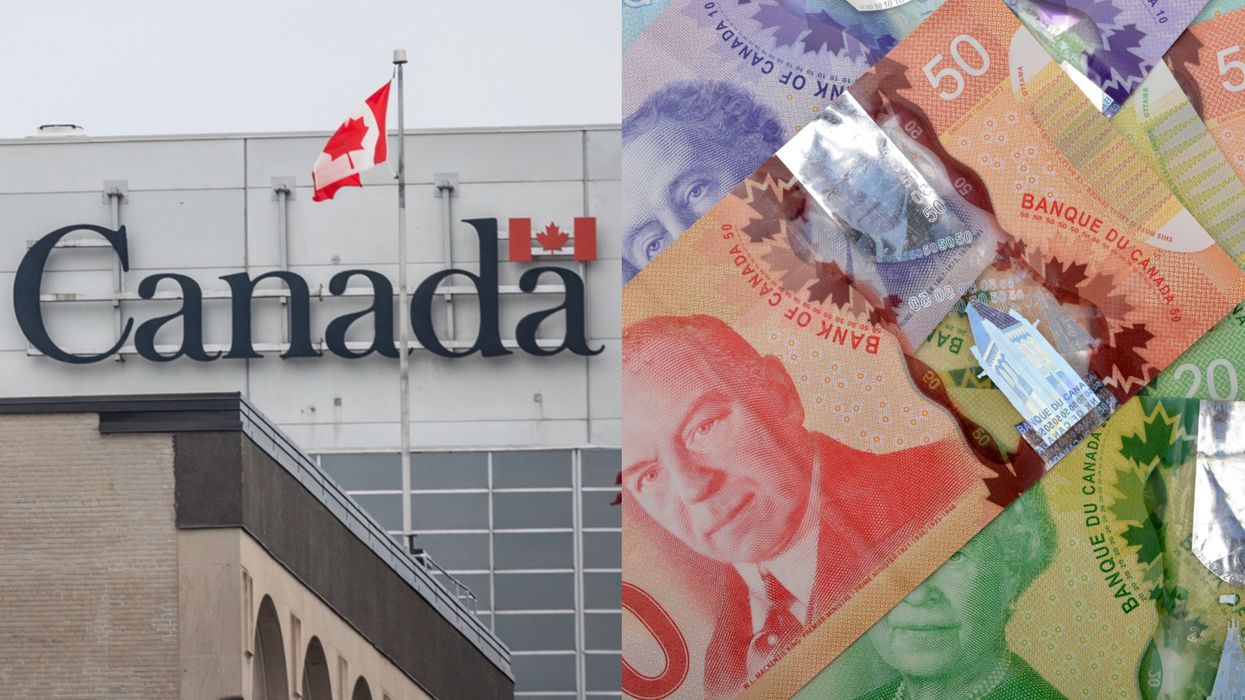Canada Is Answering All Of The Top FAQs When It Comes To COVID-19 Benefits
If you’ve got questions about Canada’s COVID-19 benefits, the federal government has apparently got answers!
In a series of new tweets, Employment and Social Development Canada has responded to frequently asked questions about benefits like the Canada Recovery Benefit (CRB) and the Canada Recovery Sickness Benefit (CRSB.)
Editor's Choice: Trump Just Issued An Emergency Declaration Ahead Of Biden's Inauguration
Whether you’ve been claiming COVID-19 benefits already, are unsure about your eligibility or simply have questions that need answering, here’s what you need to know:
Can I get the CRB if I quit my job?
While the CRB is designed for those who are out of work right now due to COVID-19, the federal government has confirmed that it's not open to people who choose to stop working.
This includes Canadians who may have quit their job during the pandemic.
Can I get the CRB if I’m not a citizen or permanent resident?
The CRB has lengthy eligibility criteria, which include things like having a Social Insurance Number (SIN), being at least 15 years old and residing in Canada at the time of application.
However, citizenship is not a requirement of the application process, which means you can still claim the CRB if you meet the rest of the criteria.*
Can I apply for more than one recovery benefit at the same time?
Canada’s recovery benefits can only be claimed on a one-at-a-time basis, which means you need to choose the one that fits your situation best before applying.
This includes Employment Insurance (EI), provincial maternity benefits and parental benefits, too.
Can I claim CRCB if schools are closed for the holidays?
While this benefit has been designed to support parents who are staying at home with their kids during the pandemic, you can’t claim money for periods schools are closed due to vacations and holidays.
However, if these places are shut due to COVID-19 concerns, you may be eligible for support.
How long can I claim the CRB for?
Every CRB eligibility period is two weeks long and it offers up to $1,000 for that period.
It doesn’t renew automatically, so claimants must re-apply for each period separately.
This can be done for a maximum of 13 periods (or 26 weeks) between September 27, 2020 and September 25, 2021. They do not have to be taken consecutively.
Can I get the CRB if I don’t feel comfortable going to work right now?
Unfortunately, this counts as voluntarily not working and therefore the CRB cannot be claimed under these circumstances.
Instead, the federal government urges Canadians who are concerned about their work conditions to speak to their employer about the situation.
Can I get the CRSB if I’m self-isolating but still working from home?
To be eligible for the Canada Recovery Sickness Benefit, a claimant must be out of work for at least 50% of their usual week.
If you’re still working half (or more) of your schedule from home, this means you don’t meet the eligibility requirements.
However, if you’re too sick to work from home you may still be able to apply.
Can I get COVID-19 benefits if I went abroad recently?
After a loophole was found in the CRSB, which allowed non-essential travellers to claim $1,000 during their quarantine, the rules are set to be updated.
Now, federal officials have confirmed that the Canada Recovery Benefits will not support people who need to quarantine after taking a discretionary trip abroad.
Editor's Note: This article has been updated.
